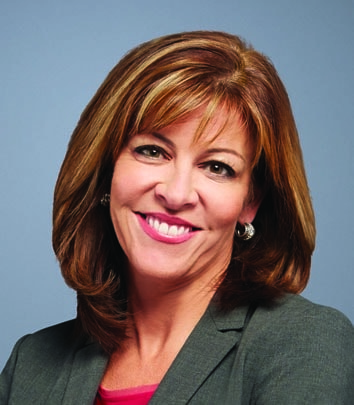By Lisa Philp, RDH, President of Transitions Group North America
Today’s Case Presentation system demands a methodical process of Comfortable Influence.
This happens when you move from a telling model to an involvement model.
Shift the process of telling, educating and providing knowledge over to persuasion through master interviewing, listening and attaching treatment to the person’s overall health plan and goals.
We know all people are afraid to get sick, look old or die prematurely and the explosion of research about the systemic link of the oral health to overall body health is paramount to case acceptance.
Comfortable Influence supports a patient’s natural decision-making process. Taking the approach of Trusted Advisor is preferable to the Teller (teacher, educator) or Seller (salesperson). The focus is on the patient and his or her journey to a decision. A Trusted Advisor doesn’t take a stance in opposition to the patient, facing off competitively against the problem. Instead, he or she stands alongside the patient, side by side, approaching problems together.
Comfortable Influence is emotional intelligence. Communication tools start from the greeting (being memorable in first three minutes); building rapport with the patient; letting him or her share personally; and establishing trust by asking great questions.
The key is to present solutions in lay terms and arrive as a Trusted Advisor and Facilitator in their decision-making process.
Today, the patient’s No. 1 reason to say no is “lack of perceived value”. He or she must own the problem, see the connection to himself or herself and value spending money on dental services.
The focus of this era is based upon understanding a patient’s health plan and how dentistry fits into it.
Motivate patients to value dentistry and select the best treatment, as opposed to trying to persuade or convince them to proceed with treatment. Patients should say the magic words: “I’ve just got to get this work done!”
Picture a journey together through a dark cave with the Trusted Advisor illuminating the path with a flashlight. The fear of the unknown dissipates when a friendly guide brings it to light.
When you illuminate the path for your patients, they will accept your treatment recommendations, stay active in your recare program, show up on time for their appointments and pay for services with a feeling of gratitude. This type of patient is easily reactivated for overdue re-care appointments. What could be better?



